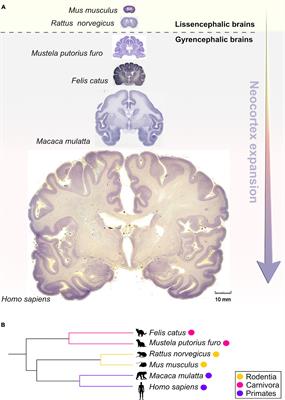ORIGINAL RESEARCH
Published on 09 May 2022
Timing and Distribution of Mitotic Activity in the Retina During Precocial and Altricial Modes of Avian Development
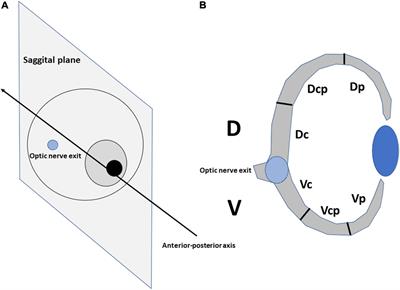
doi 10.3389/fnins.2022.853544
- 1,384 views
- 3 citations
8,254
Total downloads
34k
Total views and downloads
ORIGINAL RESEARCH
Published on 09 May 2022

ORIGINAL RESEARCH
Published on 24 Mar 2022
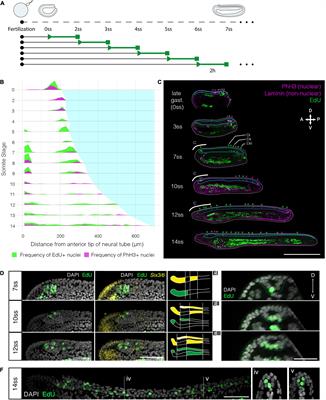
BRIEF RESEARCH REPORT
Published on 23 Mar 2022
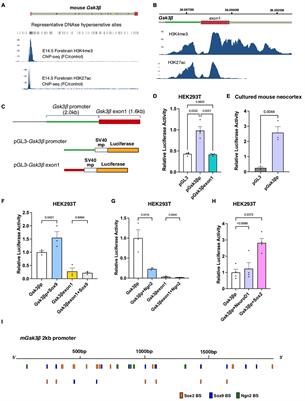
MINI REVIEW
Published on 22 Mar 2022
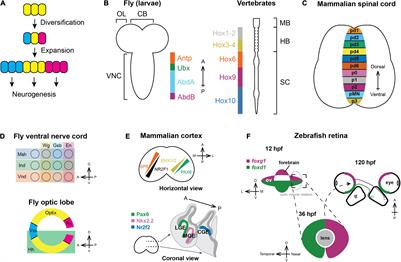
ORIGINAL RESEARCH
Published on 14 Mar 2022
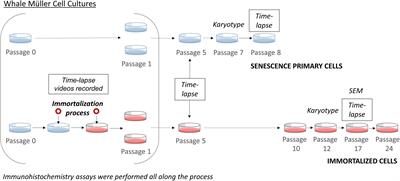
MINI REVIEW
Published on 18 Feb 2022
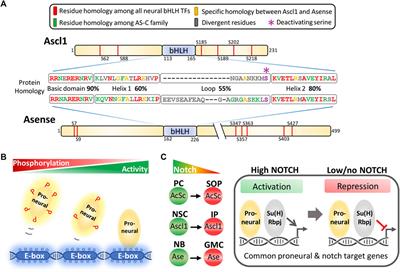
REVIEW
Published on 26 Jan 2022
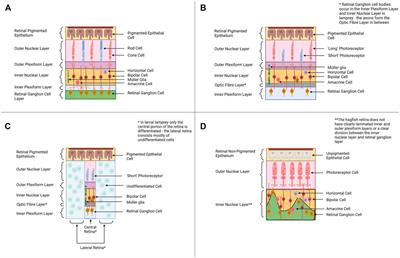
REVIEW
Published on 10 Jan 2022
